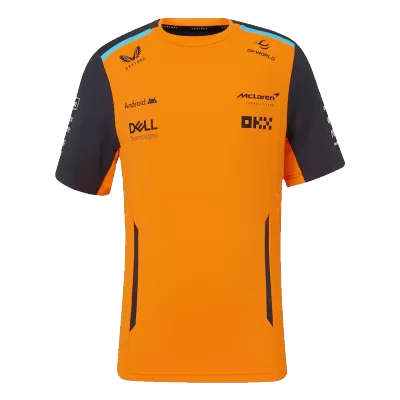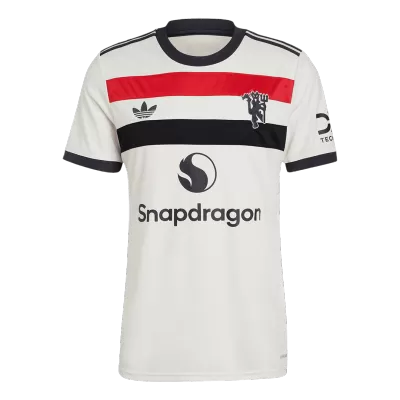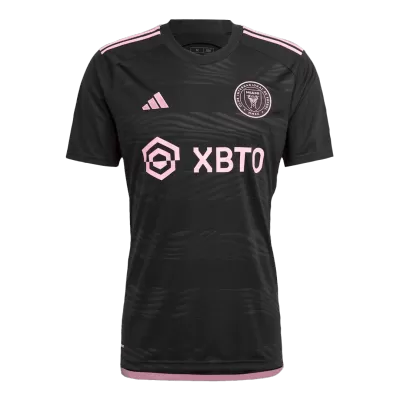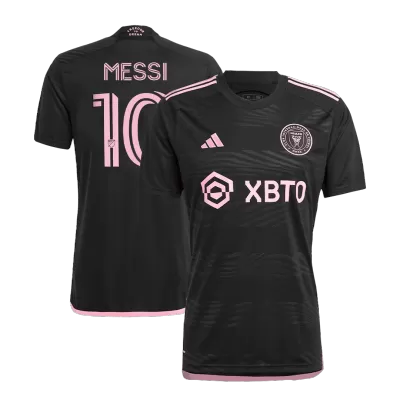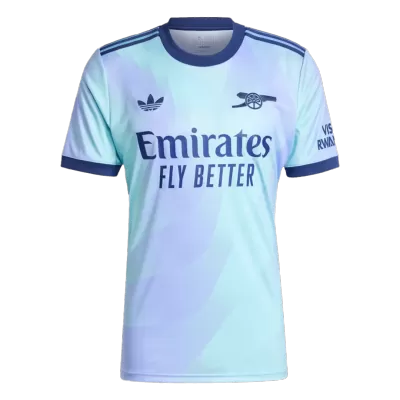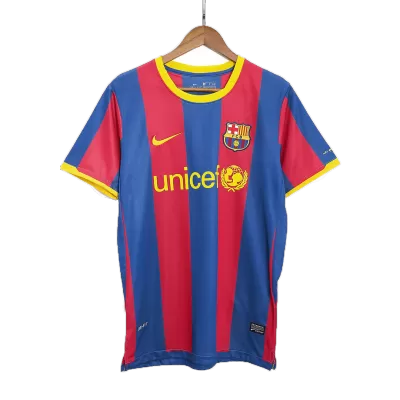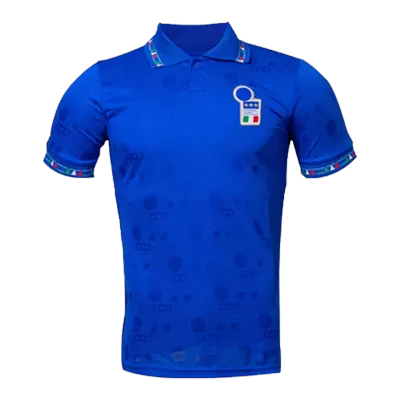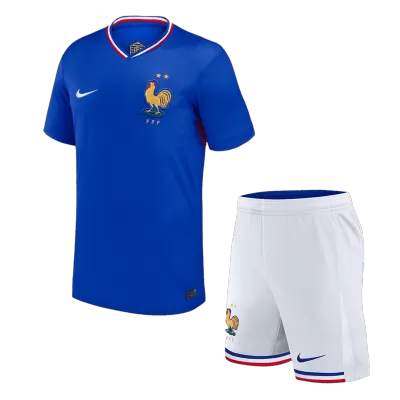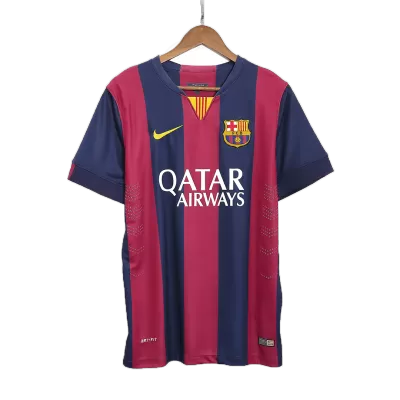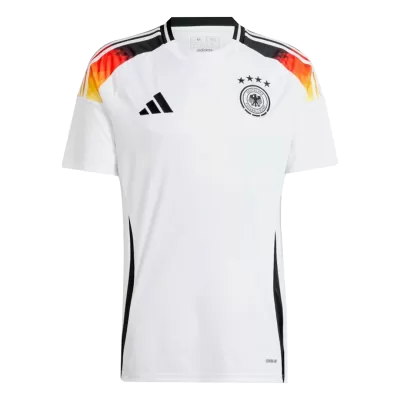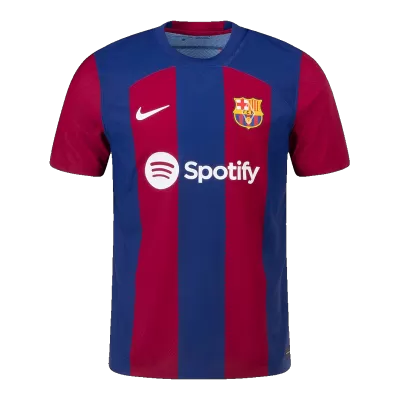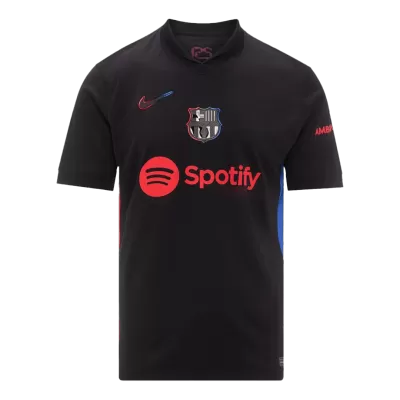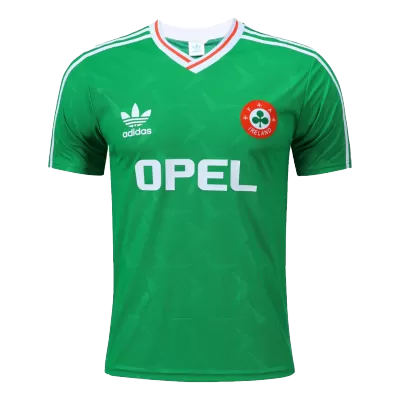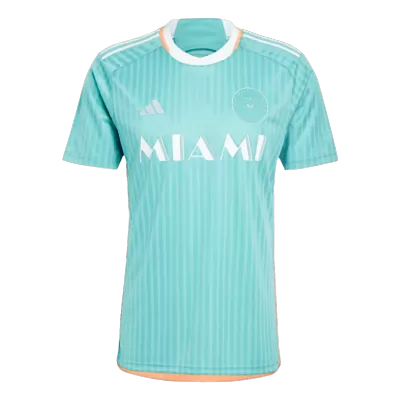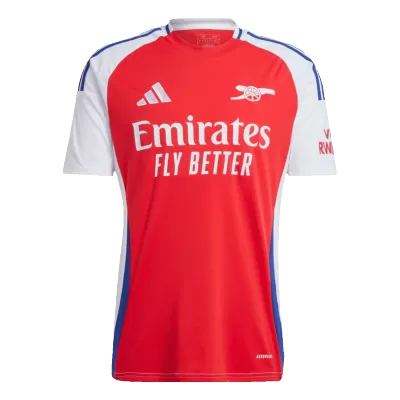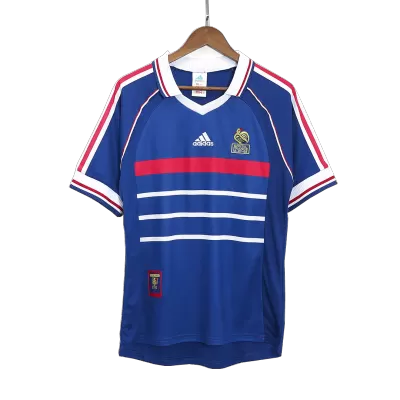Colo Colo Jerseys
Club Social y Deportivo Colo-Colo is a Chilean football club based in Macul, Santiago. Founded in 1925 by David Arellano and Guido Torres Henríquez,they play in the Chilean Primera División, from which they have never been relegated. The team has played its home games at Estadio Monumental David Arellano since 1989. Colo-Colo is regarded as the most successful club of Chilean football. Colo-Colo has won more Primera División de Chile (32) than any other Chilean club and a record eleven Copa Chile titles. It was the first Chilean team to win a continental tournament conquering the 1991 Copa Libertadores Next year, the club went on to win two international titles that were 1992 Recopa Sudamericana and 1992 Copa Interamericana,
OOPS – NO RESULTS FOR ""
Try look for something else...
Or return to the Homepage and start again
YOU MAY ALSO LIKE
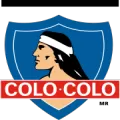
Colo-Colo Jersey
ElmontYouthSoccer provide Colo-Colo Jerseys for sale, custom soccer replica & authentic soccer jereys.
Buy authentic soccer jerseys with the names and numbers of your favorite players, from Leonel Sánchez, Carlos Caszely to Francisco Valdési. We customiaze soccer gear for men, women and kids. Personalize almost everything with your name, number, team logo, national flags, and more! No minium orders.
Buy one of anything for yourself, or get your team added to our store for easy buying.
Colo-Colo Jersey Sale: Short Sleeve Jerseys | Authentic Jerseys | Retro Jerseys | Jersey Kits and so on.
Introduction of Boca Juniors
ღ Date: 1925- present
ღ Country: Chile
ღ Headquarters: Santiago
ღ Main Trophies: Asociación de Fútbol de Santiago-- 4/ Primera División-- 32/ Copa Chile--11/ Copa Libertadores--1
ღ Related People: Leonel Sánchez/ Carlos Caszely, Francisco Valdés/ Iván Zamorano, Arturo Vidal/ Lucas Barrios/ Humberto Suazo/ Matías Fernández
ღ Club Records: Most games played--Misael Escuti (417)/ Top goalscorer-- Francisco Valdés (208)
Colo-Colo is the team with the most fans in Chile and has a long-standing rivalry with the University of Chile. The IFFHS included the team in the top 30 club rankings in 2007. In 2009, the agency named the team the country's top club of the 20th century, as well as the top 20 clubs in South American football history.
History
Colo-Colo was founded in 1925 by David Arellano, who played for Magellan. During that year, some players decided to leave and form their own football club after experiencing the club's numerous institutional problems. When naming it, everyone agreed to take a completely Chilean name, and finally decided to use the name "Colo-Colo", which means "wild cat" in the local language.
Sadly, Arellano didn't live to see Colorado become a top club in Chile. Just two years after he founded the club, he died of inflammation caused by a collision with opposing players on the pitch. (While on tour in Spain in 1927, Areano suffered from peritonitis after being hit in the stomach by a ball from an opponent. However, local doctors were unaware of the seriousness of the situation. The next night, Areano died in Valladolid at the age of 24.)
Although this affected the team to a certain extent, Colo-Colo continued to improve. In 1933, Colo-Colo and seven other clubs created Chile's first professional football league, called Primera División. Four years later, they comfortably clinched their first league title.
Colo-Colo has won 31 league titles, more than any other Chilean club, and a record 10 Chilean Cups. On June 5, under the leadership of head coach Mirko Jozić, Chile defeated Olympia 3-0 to win the 1991 Copa Libertadores (unable to win in 1973). In 1992, the club won two international championships, Recopa South America and Copa America, completing the club's three international honors.
And now, it is well known that Colo-Colo is considered to be the most successful football club in Chile.
The club's player with the most titles is Luis Mena with 11 titles, the all-time top scorer is Carlos Cazeli with 208 goals, and the player with the most appearances is former goalkeeper Misal Escu Ti, with 417 games.
About Logo
The face on the crest depicts Colocolo, a tribal chief of Mapuche (indigenous peoples of the Americas), and an important person in the war against the colonial Spaniards in the 16th century. The white bandana and the black hair of Colocolo match the team's colors.
Colo-Colo was a Chilean native who led the Mapuche in the 16th century in the long-running Araucanian War against Spanish colonists, the longest fighting in the world. As with many historical figures of the time, precise details about Kolo Kolo are few and far between, but he is said to have been a brave and wise leader who never gave up in battle. There is also a legend that he was the champion of the Palin game, a traditional Mapuche game similar to hockey where two teams compete for a ball made of cloth. It is these characteristics and background that make Areano see him as the perfect person to name the new club.
Economic Crisis
Sometime around the turn of the century, Colo-Colo was in a financial crisis. In 2002, the debt made it difficult for the club to support, so the club filed for bankruptcy. Despite this turn of fortunes, they still won Clausura that season on a team made up almost entirely of teenage players. In 2005, Blanco y Negro, a private joint-stock company, took over the executive branch and repaid the debt through a 30-year term of all assets of the franchised club.
Soon, the financial crisis was officially a thing of the past. Colo-Colo won the Apertura and Clausura Championships in 2006 and quickly returned to their old ways. They repeated the feat the following season, becoming the first Chilean club to win the Tetracampeonato (four consecutive titles). By 2017, they had won five more league titles, as well as two Chilean Super Cups in 2017 and 2018.
Glory days
By the early 70s, Colo-Colo had established itself as a force to be reckoned with. Led by club legends Francisco Valdés and Carlos Caszely, they were the first Chilean team to make the Copa Libertadores final. Though they lost the decider to Independiente, this campaign served as a good prelude to the following period of dominance. From 1979 to 1999, the “Albos” claimed 11 league titles, dispatching the competition with ease and authority.
Of course, the defining moment of this generation arrived in 1991, when the club claimed their first -- and to this day, only -- Copa Libertadores. After overcoming Universitario, Nacional, and Boca Juniors, Colo-Colo scheduled a final match against Olimpia. Following a peaceful 0-0 draw in Paraguay, Colo-Colo dominated the rematch by trouncing Olimpia 3-0 in front of approximately 70,000 fans at the Monumental.
Stadium
♥ Estadio El Llano (1925–1927)
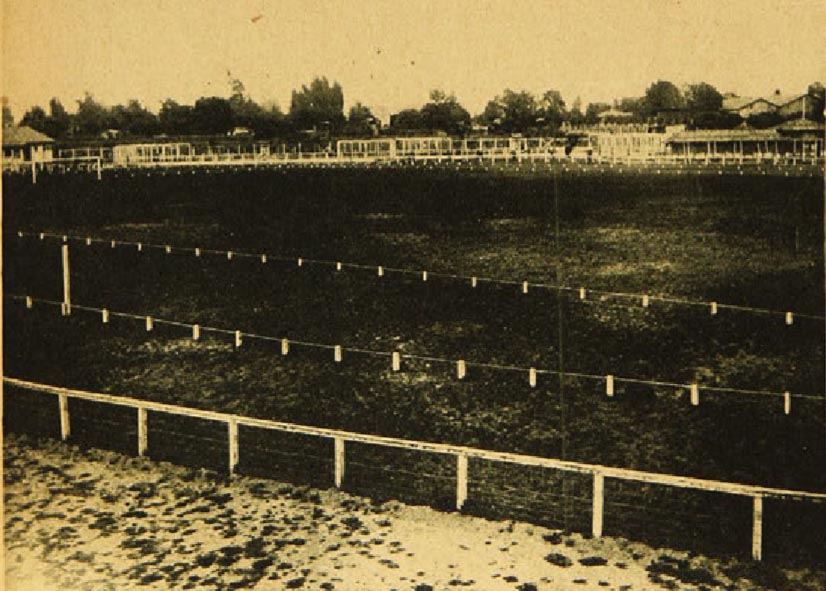
♥ Estadio Campos de Sports de Ñuñoa (1928–1938)
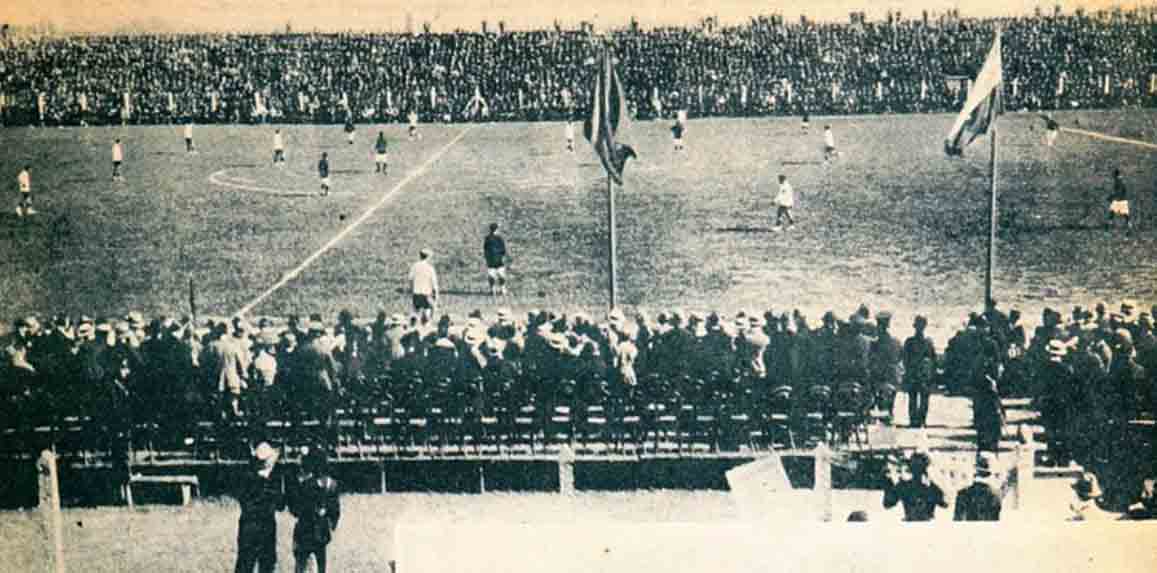
♥ Estadio Nacional (1939–1989)
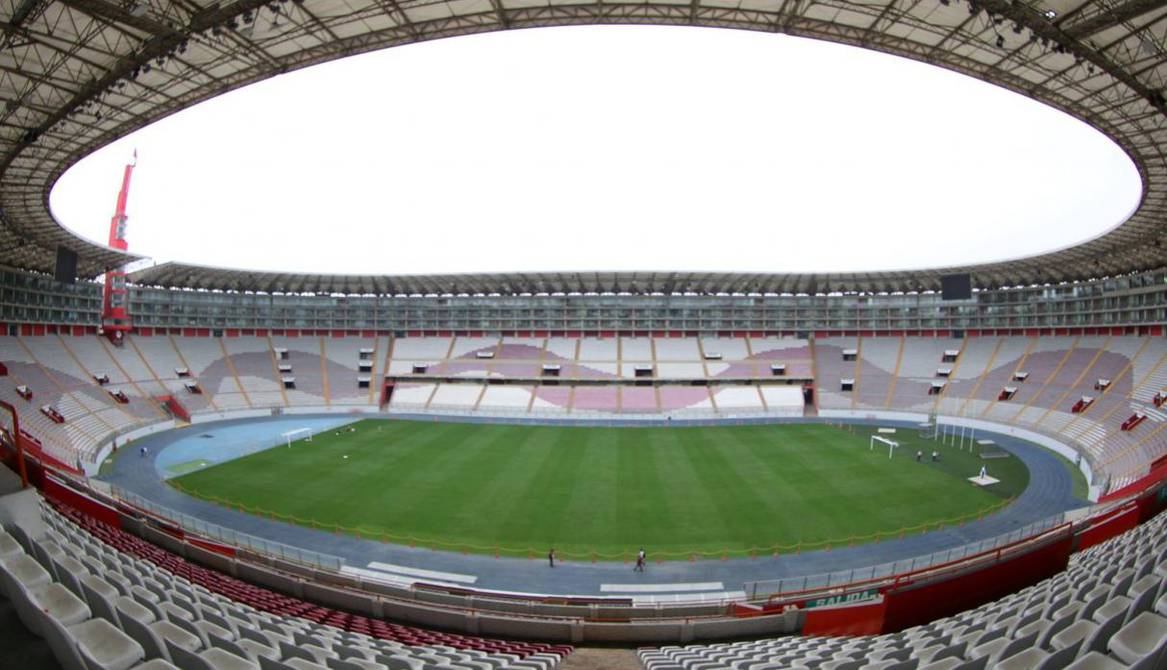
♥ Estadio Monumental (1989–)
The team plays its home games at the 47,000 seat Estadio Monumental since 1989.
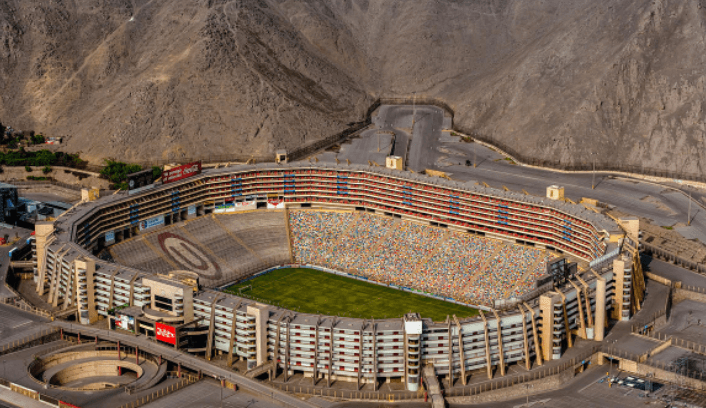
If you want to buy adidas colo colo jersey, you can click this: adidas colo colo jersey
